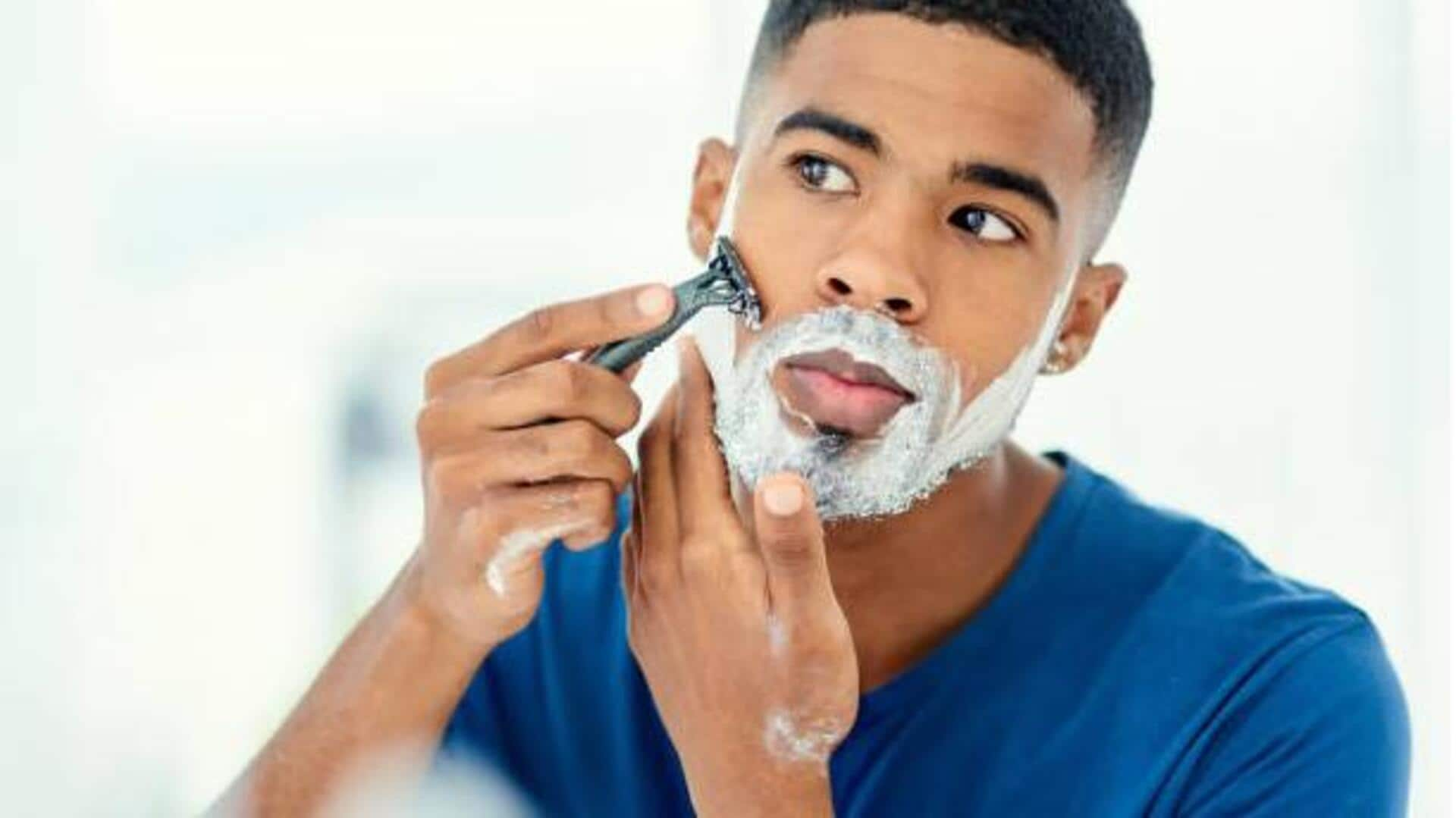
Shaving doesn't thicken hair, here's the proof
What's the story
For ages, people have believed that shaving thickens hair, but that's a myth. The idea has been passed down generations, but scientific evidence doesn't support it. In this article, we will explore the truth behind this common belief and what actually happens when you shave hair. Knowing the facts can help you make informed decisions about your grooming habits without falling for myths.
Hair growth
How shaving affects hair growth
When you shave, you cut the hair at the surface of the skin. This doesn't affect the hair follicle beneath the skin, which is responsible for hair growth. The follicle's activity remains unchanged whether you shave or not. Hence, shaving doesn't make hair grow thicker or coarser.
Hair structure
The role of hair structure
The structure of each individual hair strand also plays a role in how it feels and looks when it grows back after shaving. Shaved hairs often feel stubbly because they are cut straight across at the tip, rather than tapered like naturally growing hairs. This can give an illusion of thickness but doesn't actually change the diameter of individual strands.
Visual perception
Misconceptions from visual perception
The perception that shaved hair is thicker may also stem from visual cues. When hair is cut short, it may appear darker and more prominent against lighter skin tones. This contrast can create an illusion of increased density or thickness, even though no physiological changes have occurred.
Scientific studies
Scientific studies on shaving myths
Scientific studies have debunked myths surrounding shaving and hair thickness. Research shows no significant difference in hair density between shaved and unshaved areas over time. These findings reinforce that external cutting methods like shaving do not alter internal follicular processes responsible for hair growth.